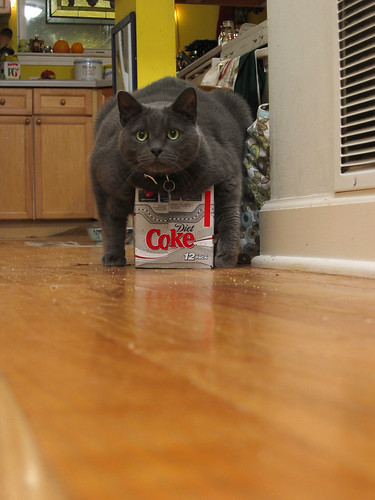The elder Maclean's writing instruction gave me an idea for dealing with the stack of books, mostly crime novels, that I've read lately and not gotten around to writing about: it's time for some ten-word reviews! Though I can't imagine I'll be as good at this--especially not on my first try--as, say Michael Atkinson is at his money-shot movie reviews, it can't be bad practice for such a partisan of the extended, comma-laden, clause-larded sentence as I to be forced to work in brief. So let's give it a try.
George Orwell, Keep the Aspidistra Flying (1936)
Funny and bitter, bitter and poor, poor and hopeful--unexpected.
James Ellroy, The Black Dahlia (1987)
Starts strong, but sending a character to Mexico always fatal.
Laura Lippman, What the Dead Know (2007)
Missing sisters, one's found--maybe? Moment of revelation is perfect.
James Crumley, The Right Madness (2005)
The Long Goodbye, plus transexual twins, drugs, band-saw suicide.
Ross Macdonald, The Blue Hammer (1976)
Family troubles--ain't it always? Lew Archer's there to help.
Stieg Larsson, The Girl with the Dragon Tattoo (2008)
Awkward prose, weak characters, lame mystery, pointless violence, terrible disappointment.
In the spirit of the Reverend Maclean, let's try all that again at half the length!
Keep the Aspidistra Flying
Comedic Orwell--oh, for more!
The Black Dahlia
Betrayals more sordid than affecting.
What the Dead Know
Lies? Memories? Which to believe?
The Right Madness
Murderous conspiracy in fallen world.
The Blue Hammer
Families seethe; Archer sorts, solves.
The Girl with the Dragon Tattoo
Failed locked room mystery disappoints.
Keep the Aspidistra Flying
Bitter.
The Black Dahlia
Brutal.
What the Dead Know
Whorled.
The Right Madness
Blitzed.
The Blue Hammer
Ruminative.
The Girl with the Dragon Tattoo
Terrible.
Finally, because surely the glorious shambles that is the Internets is no threat to offend the Reverend Maclean's god--rather than tear it up, I'll hit post.


















